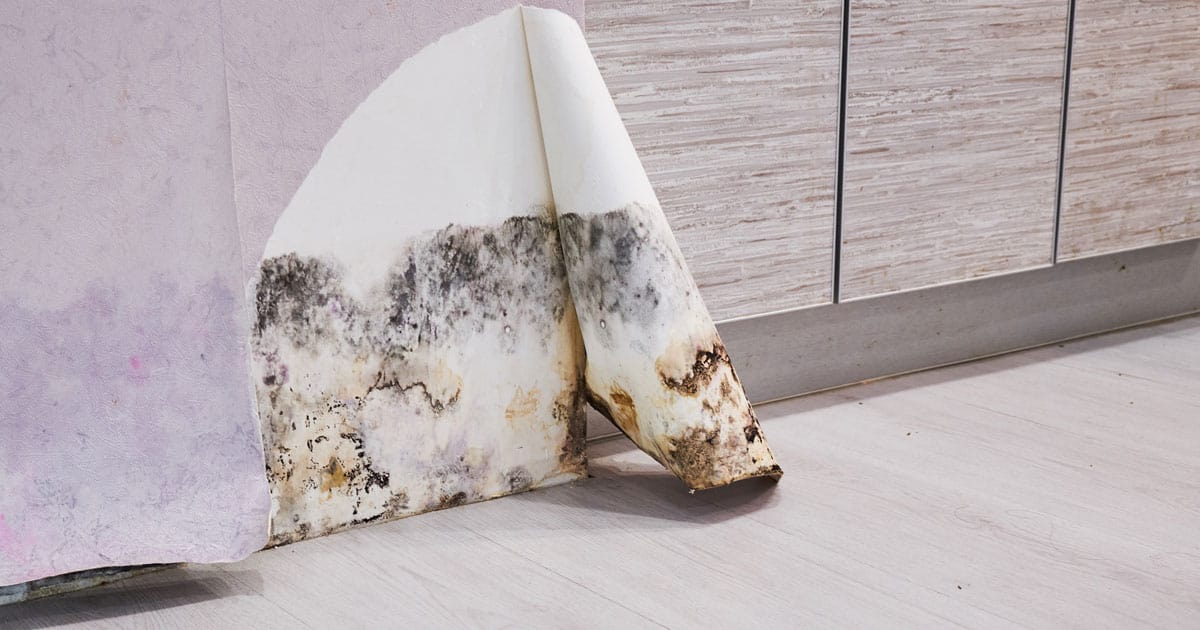
In general, we are still learning about the effects of mold in indoor areas and how it impacts air quality. Employees may suspect that air quality has a physical effect on their breathing and how they feel while at work. Mold can lead to dangerous work-related illnesses, victims may be eligible for workers’ compensation. Currently, there are no federal standards regarding the presence of mold in workplaces. Mold can form anywhere, but the key to controlling mold is to understand how mold forms in workspaces.
Steps to Prevent Mold
Some ways that employers can address moisture formation in the workplace is to:
- Regularly inspect plumbing systems for leaks.
- Pay attention to condensation and wet spots that may be continually forming on the floor, and investigate the cause for these continuous leaks.
- Maintain indoor humidity levels below the recommended 70 percent level. The ideal level is between 20 percent and 60 percent.
- Vent moisture-generating appliances to the outdoors, if possible.
- Vent kitchens or cooking areas and bathrooms according to local code requirements.
Causes of Mold
There is a greater possibility of mold in certain workspaces. The following list contains high-risk mold areas that may be obvious to employees:
- Areas that have building materials or furnishing that have visible moisture damage.
- Areas that have continually musty or moldy odors.
- Routine maintenance areas that have been delayed or altered.
- Building material areas that have been wet for more than 48 hours.
Health Risks Related to Mold
Some of the adverse health effects that could arise due to mold are related to allergies. If a person is allergic to mold, it could lead to a serious asthma attack. In some instances, mold can irritate the nose, skin, eyes, and throat. Some molds can cause localized skin or mucosal infections, but these are not systematic infections unless a person has a compromised immunity. This can occur if the person has uncontrolled diabetes, AIDS, or if they are taking immune suppressive drugs as a treatment for a condition or disease.
Mold Remediation
If mold is present in the workplace, an employer can hire a remediation company to clean the area. They will likely recommend having a plumber or another type of professional come into the facility to fix the issues that are causing moisture to remain in the building. Mold remediation usually entails a few steps, this includes cleaning air ducts, using a wet vacuum to collect water, scrubbing and wiping mold from surfaces with water and detergent, using a HEPA vacuum in dry areas, and properly disposing damaged materials into sealed impermeable bags or closed containers.
Chester County Workers’ Compensation Lawyers at Wusinich, Sweeney & Ryan, LLC Help Workers Suffering Work-Related Illnesses
If you were injured or sickened at work, you may be eligible for compensation. Exposure to hazardous materials, molds, or other substances can lead to serious work illnesses, so it is important to contact an experienced lawyer that will assist you with your case. Our Chester County workers’ compensation lawyers at Wusinich, Sweeney & Ryan, LLC will help you receive the compensation you deserve. Contact us online or call us at 610-594-1600 for a free consultation. Located in Exton, Pennsylvania, we also proudly serve clients in Downingtown, West Chester, Exton, Coatesville, Phoenixville, Malvern, Lyndell, Wagontown, Uwchlan Township, Parkesburg, Chester Springs, Lancaster County, Reading, and Morgantown.




